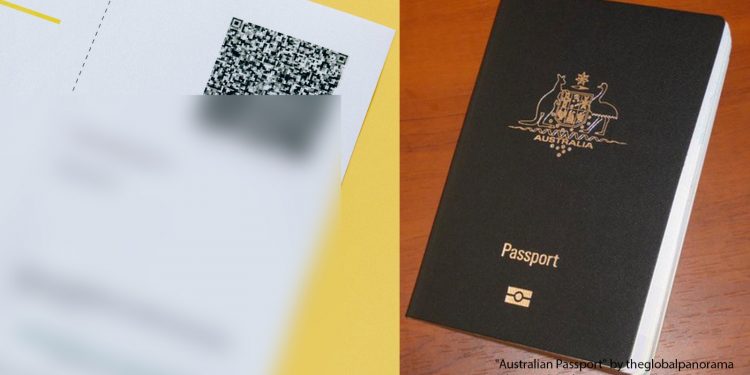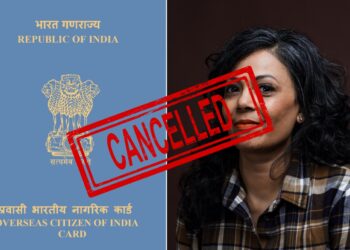Australia has refused the citizenship application of an Indian spouse of an Australian citizen.
Administrative Appeals Tribunal has upheld the Immigration department’s decision to refuse the application of an Indian national who became an Australian permanent resident on 15 September 2016.
R Singh is a citizen of India who first arrived in Australia in June 2008 on a student visa. He married his Australian citizen partner in June 2013 and was granted a Subclass 801 (Partner) visa in September 2016.
On 1 November 2019, Mr Singh applied for Australian citizenship by conferral. However, the Minister for Immigration, Citizenship, Migrant Services and Multicultural Affairs refused the application “because the Applicant did not satisfy the general residence requirement in section 21(2)(c) of the Act.”
Follow NRI Affairs on Facebook and Twitter for latest updates.
According to the court documents, the minister’s representative “was not satisfied that, if the application were approved, that the Applicant is likely to reside in Australia or maintain a close and continuing association with Australia such that section 21(2)(g) of the Act was not satisfied.”
Mr Singh applied for a review of the decision. During the hearing, the Administrative Appeals Tribunal learned that Mr Singh “travelled with his wife and son to Canada to visit family members. While they were there, his wife was offered and accepted a ‘lucrative opportunity as a customer service representative at a notary public office. She began working there once she obtained a permit to work in Canada. She had been trying to further her career in this field in Australia but had been unable to obtain employment.”
“They made the decision to remain in Canada so that his wife could obtain work experience in this role. His wife gave birth to their second son in August 2019 and was on maternity leave until July 2020. When she returned to work, she intended to stay at the notary public for another year as it would ‘brighten her chances to get [a] similar position after returning to Australia.’ His wife’s employment contract ends on 31 July 2021, and it will not be renewed. It was agreed between his wife and her employer that her contract would not be renewed because she intended to return to Australia in August 2021.”
Mr Singh also started working in Canada, and the couple became skilled permanent residents of Canada in January 2019. Their second son, who was born in August 2019, is a Canadian citizen. Their first son is seven years old and has been attending school since he was age five. The Applicant and his family live in a rented property for which they signed a lease agreement in December 2017.
The Tribunal found that Mr Singh does not meet the criteria in section 22(1A) of the Act “because in the four years prior to lodging his citizenship application, he was absent from Australia for 858 days, being more than a total of 12 months.”
He also does not meet the criteria in section 22(1B) of the Act “because in the 12 months prior to lodging his citizenship application, he was absent from Australia for 340 days being more than 90 days.”
In his citizenship applications, Mr Singh had indicated that he was seeking an exercise of Ministerial discretion regarding the residence requirement of the Australian Citizenship Act 2007.
The Tribunal said it cannot “be satisfied that the Applicant’s association with Australia during the relevant period was ‘close and continuing’ and accordingly it finds that the Applicant does not satisfy section 22(9)(d) of the Act.”
“Having carefully considered the Applicant’s circumstances, the Tribunal finds that the section 22(9) discretion should not be exercised in his favour,” the judgement reads.
“Having considered the evidence as a whole and for the stated reasons, the Tribunal affirms the decision to refuse the application of Australian citizenship by conferral. It is open to the Applicant to lodge another citizenship application in the future which will be considered in accordance with the relevant law and policy,” the Tribunal concluded.











